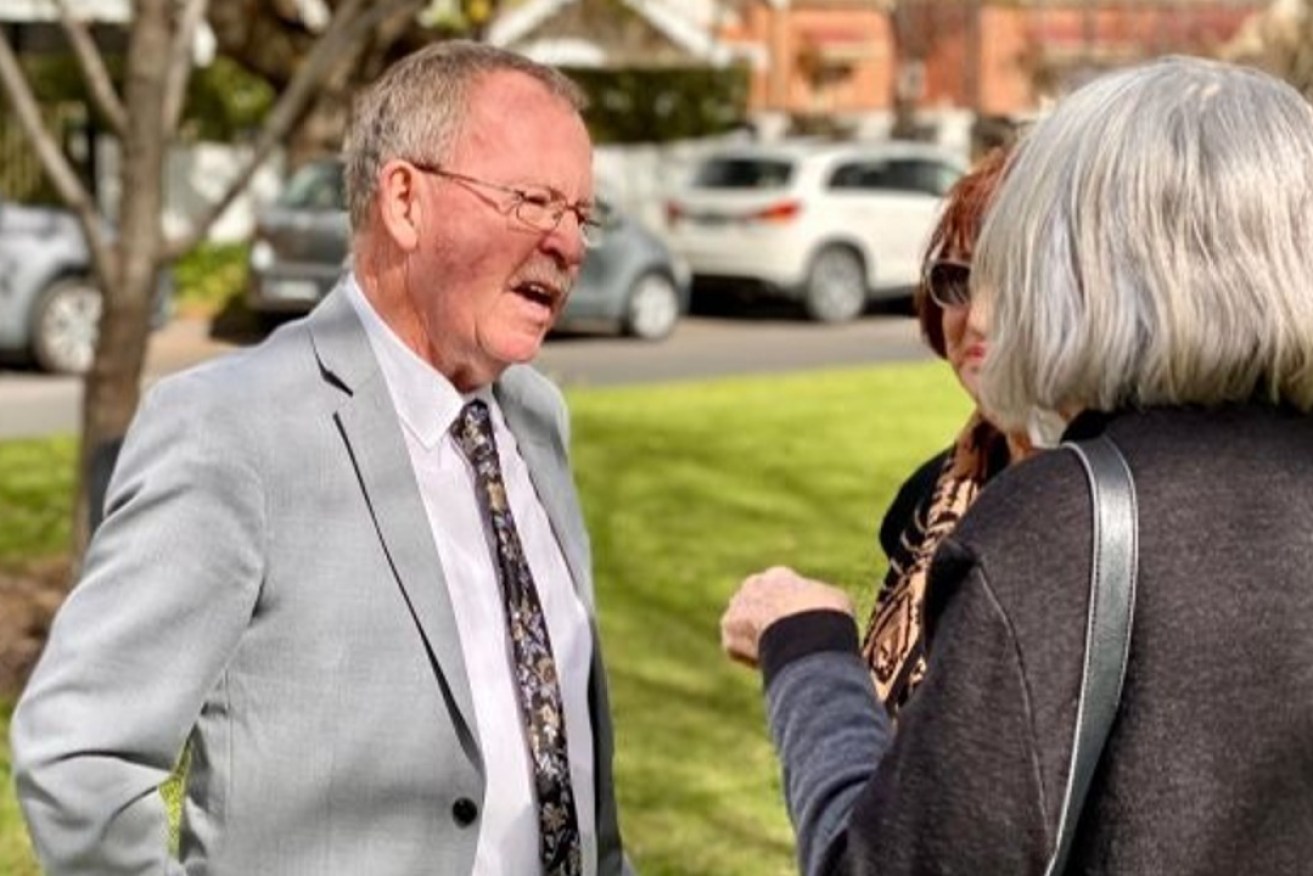Compulsory voting among ideas for local government shakeup
Compulsory voting in council elections, term limits for councillors and the removal of council wards are among the ideas being floated in a major review of South Australia’s local government sector.


Local Government Minister Geoff Brock says he's seeking the public's view on how council elections should change. Photo: supplied
Local Government Minister Geoff Brock today announced the State Government would be conducting a “Local Government Participation and Elections Review”, which will seek views on how to improve South Australia’s council elections and the broader local government sector.
Brock told InDaily the review was his idea and stemmed from his disappointment about low turnout at the 2022 council elections.
He also said the low number of candidates last year, which saw some towns not have an elected mayor after the election, also informed his decision.
“I’m disappointed at the low turnout, and I’m disappointed on the other issue about the lack of candidates putting themselves up for local government elections,” he said.
“I think I know some of the issues, but I want to go to the community.
“I’m asking the community in conjunction with the Local Government Association (LGA)… about what is their concerns, why are people not taking any interest in local government, why are we not getting enough candidates out there.”
The average voter turnout across South Australia for the 2022 council elections was around 34 per cent – slightly higher than the 32.94 per cent recorded last year.
Voter turnout for council elections has stayed between 31 and 34 per cent between 2003 and 2022. The highest turnout was recorded at 40.1 per cent in 2000.

Voter turnout at South Australian council elections since 1983. Graph: State Government discussion paper
Brock said he wants to see turnout in the 70 per cent range.
A government discussion paper released today asks whether there is “any particular reason why councils do not warrant compulsory voting”, given that state and federal elections do.
“Over time, most other Australian jurisdictions have made voting in council elections compulsory,” the paper states.
“South Australia is now one of only two states that have maintained voluntary voting in council elections, along with Western Australia.”
Brock indicated he would prefer to explore other solutions before moving towards compulsory voting, which would need to be done in consultation with state cabinet and the LGA.
The discussion paper also mulls whether the method of council election voting should change to in-person rather than postal voting.
South Australian council election switched to postal voting in 1997 and prompted higher turnout, although the paper says turnout has remained “stubbornly low” in subsequent elections.
“Hypothetically, it should be easy for voters to open the envelope that is sent directly to them, read the candidate profiles, decide who they want to vote for, mark the ballot paper, sign the declaration, and return the vote in the post,” the paper states.
“However, the stubbornly low rate of people who do this indicates that in our busy lives, it can become one more administrative task to do – and easy to put to one side.
“Given this, it may be worth re-visiting the question of whether voting for councils should be through the post, or return to attendance (in person) voting, particularly given the increase in pre-polling and postal voting in recent state and federal elections.”
The paper also asks whether term limits for councillors should be considered in a bid to encourage more candidates to run.
“It’s not unusual for council members to serve for 20, 30, or even 40 years,” the paper states.
“While this commitment is commended, limiting council members to a maximum of two or three terms may ‘open up’ vacancies to a wider range of candidates, who may otherwise be dissuaded by having to run against a long-established incumbent member.”
The discussion paper also considers abolishing council wards – divisions of a council area that elected members represent – to open up opportunities for more diverse representation.
“Wards can… determine – and to a degree, restrict – who can stand, as they essentially require candidates to form a constituency from within a limited geographic area, rather than across a whole council area,” the paper states.
“For example, one candidate may wish to stand on a platform of advocating for additional services for parents, and while they may not have a sufficient constituency within their local ward to support their views, they may well do so across the whole council.”
Adjusting the timing of council elections so they are not in the same year as federal and state elections is also under consideration. Some councils have previously argued that having three elections in one year leads to “voter fatigue”.
The review announced today is separate to a review of last year’s council elections being undertaken by the South Australian Electoral Commissioner.
The discussion paper says any recommendations from the Electoral Commissioner’s review will be considered for inclusion in the State Government’s review.
Consultation on the discussion paper is open until February 29, 2024.




